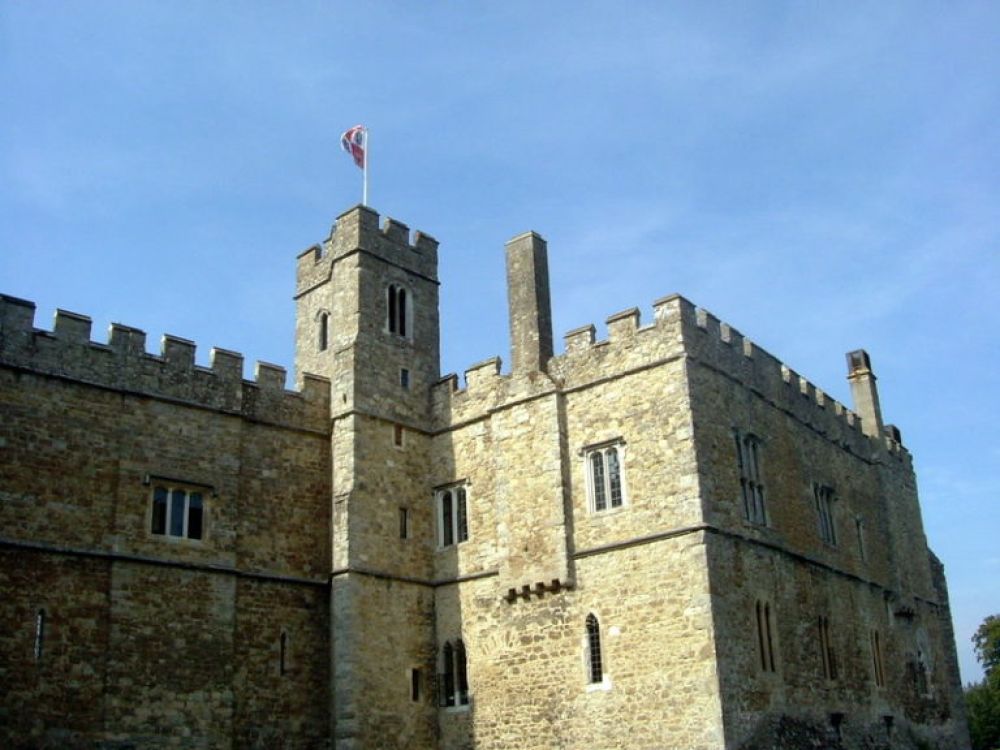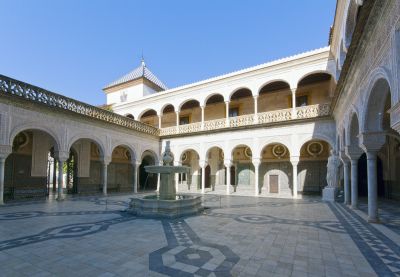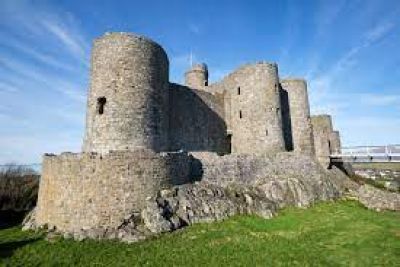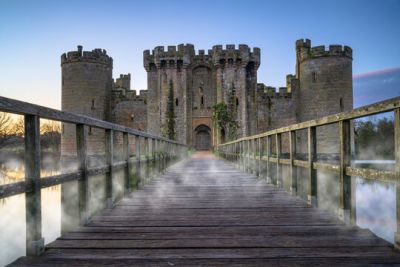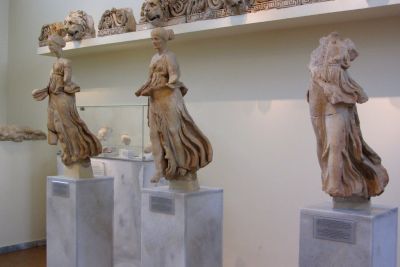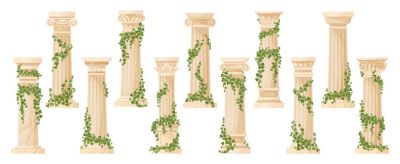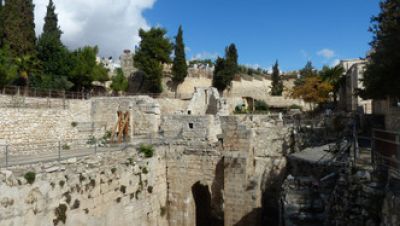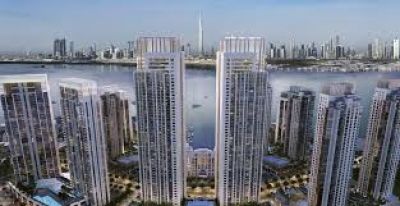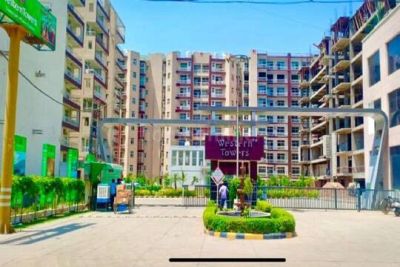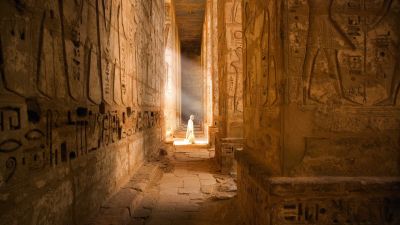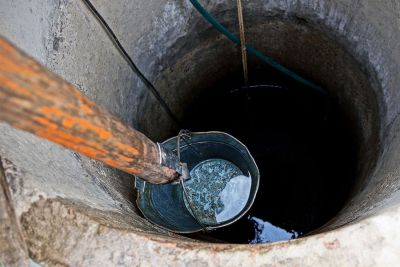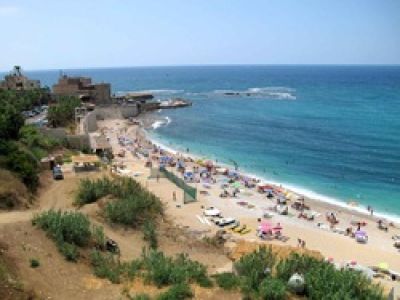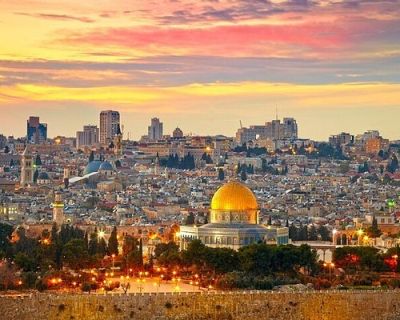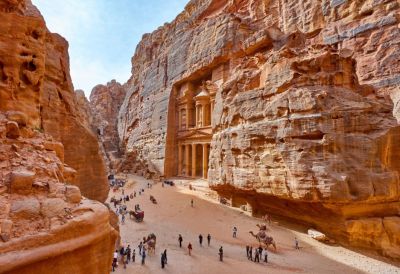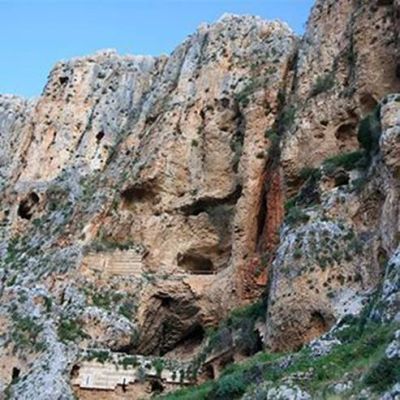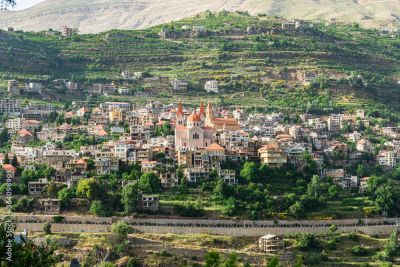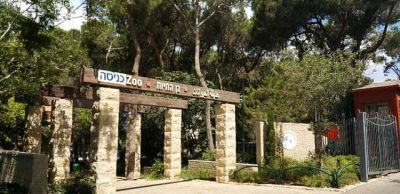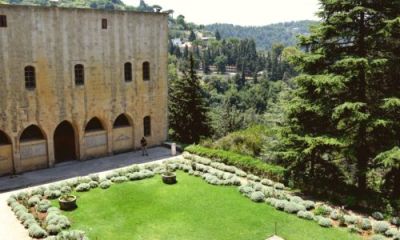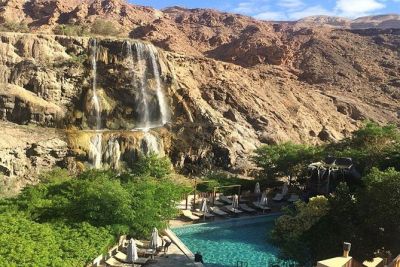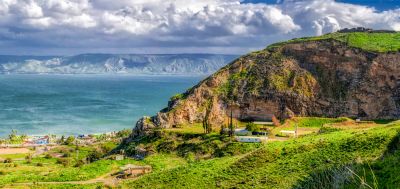Battlements and Walls - Sidon Sea Castle, Lebanon
History of Sidon Sea Castle
The Sidon Sea Castle, a fortress built by the Crusaders in the thirteenth century, stands as a testament to the city’s historical significance. This iconic structure was constructed on a small island connected by a causeway to the mainland, serving as a fortification to protect the ancient city of Sidon from naval attacks. Over the centuries, the castle has withstood numerous battles and earthquakes, leaving behind a rich historical tapestry for visitors to explore.
History of Tourism in Lebanon
Lebanon’s history of tourism dates back to the 19th century when travelers and scholars would visit to explore its ancient ruins and experience its cultural diversity. Post-World War II, Beirut was often referred to as the “Paris of the Middle East” due to its vibrant culture and cosmopolitan lifestyle, which attracted tourists from around the globe. Political instability in the late 20th century caused a decline in tourism, but the sector has been on a gradual path to recovery.
Latest Tourism Trends
With a stronger emphasis on sustainable tourism, Lebanon is currently seeing a resurgence in its tourism sector. Visitors are now seeking more than just historical sites; they are interested in authentic experiences that allow them to connect with local culture. This includes culinary tourism, agro-tourism, and eco-tourism. Moreover, there is a growing trend of digital nomadism, where people combine work and travel, staying for longer periods to immerse themselves in the local environment.
In response to the pandemic, Lebanon has also adapted its tourism offerings, focusing on outdoor activities and less crowded sites to adhere to health and safety regulations. Interest in outdoor adventures like hiking the Lebanon Mountain Trail or visiting natural reserves has been on the rise.
Future Prospects
Lebanon continues to invest in infrastructure and promote areas less known to international tourists. The Battlements and Walls of the Sidon Sea Castle, alongside other historical sites, remain a central part of the country's tourism appeal. With continued peace and stability, Lebanon's tourism industry holds the potential for significant growth, bringing an influx of economic benefits and a renewed global appreciation for its cultural heritage.
